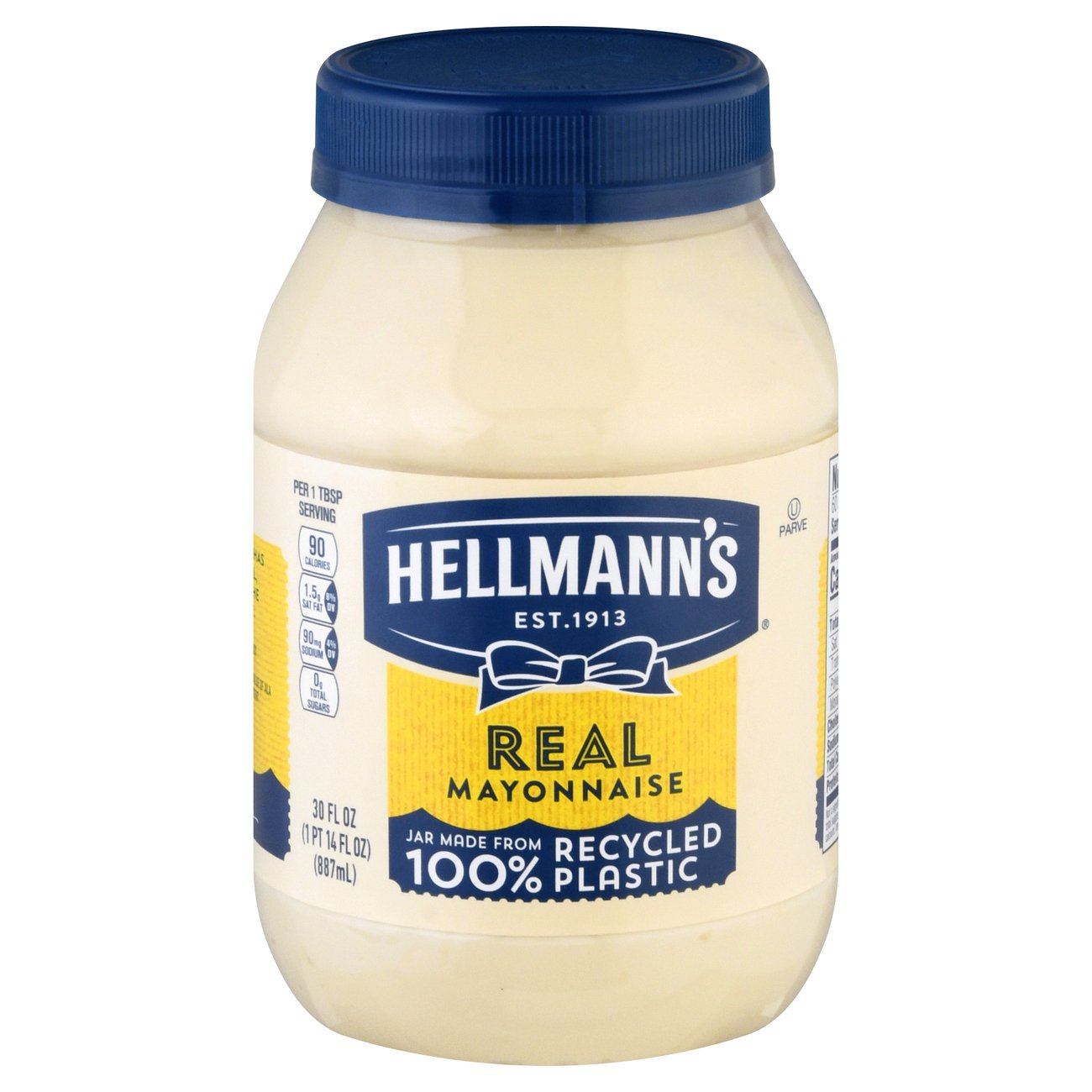I once had a colleague who was raised to live by the bible, never questioning it. He was also a massive shitposter. No matter what dumb shit he said, he'd always say that it was just a joke.
Well, one of the few times when I genuinely caught him off guard, was when I explained that science did not actually claim to know the one and only truth. That it wanted to be proven wrong.
I think, that idea itself conflicted with his whole world view. Like, I imagine, his parents also raised him to never question their authority.
As a young scientist who's yet to gain PhD:
Absolutely do challenge scientists, no matter your qualification. Sometimes (granted, that's rare) you might be right.
Just do it in a respectful way and make sure you check your arguments.
Also, while scientists are generally more educated overall, they can absolutely be foolish in what falls outside their scope. "I'm a scientist" is not a valid argument.
And yes, always check for a conflict of interest.
My favorite example is Gregor Mendel. He wasn't a scientist. He was a monk with no degrees of any kind. But he did science—legendary science—which means he actually was a scientist.
I'd say he was a scientist - just not part of academia :)
We have to separate science and academia, especially when we talk about the past.
To my understanding, he also very conveniently fudged a few of his experiments so that they would align with his other ones and ended up embellishing his final result, but also if he hadn’t done that he wouldn’t have discovered Mendelian genes? Not sure if that’s a win or a loss for science.
The kernel of truth here is that the disclosure of funding sources is an important factor when weighing scientific evidence.
That's literally the opposite of what "theory" means in a scientific context. You know nothing of science and your opinion is wrong.
Every other textbook I had started with an intro of 'there's no royal road to science'. Diamat is a handy heuristic. So difficult irl dealing with people who see human institutions, understanding, and even the universe itself as 100pct set and static, if it isn't easy then it isn't real.
Dialectics is an incredible way to derive all kinds of Interesting insights and truths, and materialism, like not even bourgeois science is materialism, its positivism. The combination should absolutely be taught to everyone, every worker, there is no better way to learn to "think for yourself". But of course it is so totally alien that it is kind of hard to learn, especially when there isn't much good info for learning dialectics, let alone diamat; especially in the west. That's what makes Socialism: U&S such an amazing and impactful work
Unfortunate in the west they tend to teach dialectics (if at all) in general as a trichotomy rather than what it is.
Sure, science is great and has lead to several great advancements. Science is done by people.
People will lie, cheat, and steal.
Big little lies: a compendium and simulation of p-hacking strategies
In an academic system that promotes a ‘publish or perish’ culture, researchers are incentivized to exploit degrees of freedom in their design, analysis and reporting practices to obtain publishable outcomes [1]. In many empirical research fields, the widespread use of such questionable research practices has damaged the credibility of research results [2–5].
A recent Retraction Watch investigation allegedly identified more than 30 such editors, and kickbacks of as much as US$20,000. Academic publisher Elsevier has confirmed its editors are offered cash to accept manuscripts every single week. The British regulator said in January that one unnamed publisher "had to sack 300 editors for manipulative behaviour".
AI Chatbots Have Thoroughly Infiltrated Scientific Publishing
At least 60,000 papers—slightly more than 1 percent of all scientific articles published globally last year—may have used an LLM, according to Gray’s analysis, which was released on the preprint server arXiv.org and has yet to be peer-reviewed
It's important not deify science instead realize that it has issues. We should address those issues to help science become the ideals that we want believe science to have.
Edit: Missed a word
While conflicts of interest can and do exist, a lot of, if not most, science is done by grad students who are just trying to get their degree and are really there because they are passionate about discovering new things more than anything else.
I'm science and I actually lied to you specifically (everyone else knows the truth)
I think the problem the masses have is that now that sky-daddy is largely ignored it hasn't stopped the desire to be told what to think. Thinking for ones self is hard. It takes time and effort. People don't want to do it. People want somebody else to do it.
Science has truth passed down from upon high by priests who carry out mystic rituals to give them sacred knowledge.
Bollocks! We've built another ruddy religion.





